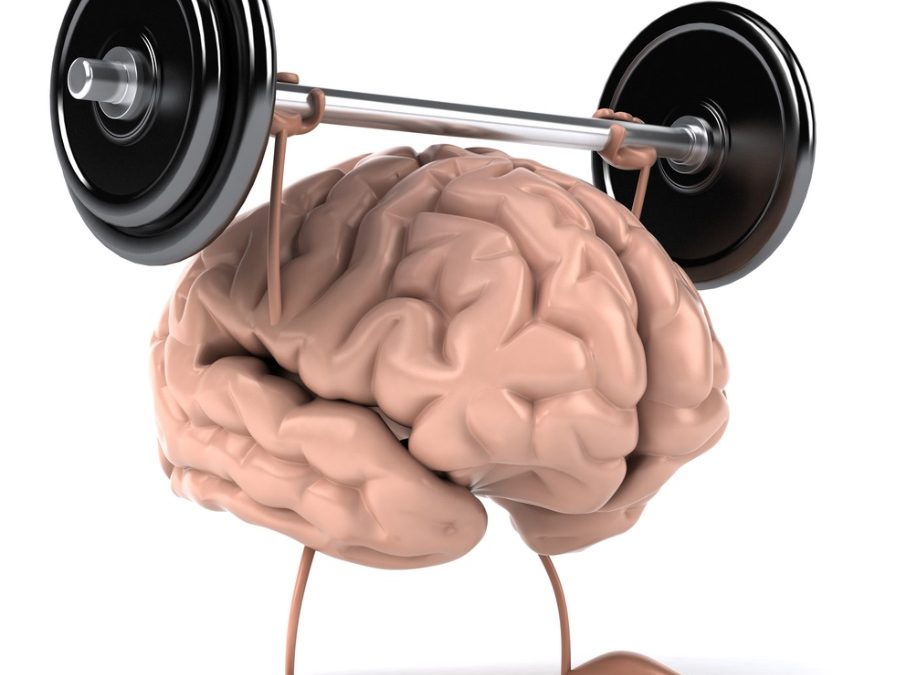By Dr. Rea Scovill
When you try to find peace as you go through your days, there’s a simple way to approach your overwhelmed self. Think about how you’d care for a young child who felt the way you do. When a small child cries with frustration, hurt or disappointment, here are a few things a parent must do: comfort him by expressing sadness for how he feels (“I’m sorry you feel so bad”); respect his right to feel as he does (it’s okay to be upset); guide him to break away from the situation in some way “let’s go over here and feed the ducks some bread”); and once he’s calm, help him to review the situation for how he could cope with it better the next time (“next time what could you try that might work better?”)
People say you have to love yourself first before you can love anyone else. How about saying instead that you have to know how to take care of yourself first? It’s easier to define what that would look like. If you’ve worked hard on a project but kept running into problems, you probably won’t throw things across the room. But you may feel like it. If you‘ve looked forward to meeting up with a friend and she cancels at the last minute, you probably won’t cry. But you may feel let down and disappointed, even if you understand why she couldn’t come. Dale Carnegie said that, “The deepest principle of human nature is the craving to be appreciated.” If you deserve recognition, but don’t get it too many times, it’s human to feel very deeply hurt. When you have these reactions, you’re not weak, you’re just human.
For your own times of frustration, disappointment or hurt, take the same approach a wise parent would take with a child. Employ your Executive Brain to comfort your child-self like this: “Of course you feel bad; anyone would. Sometimes there’s just too much to handle. Let’s take a little walk and clear our head. Then maybe we can figure out what to do next.” Check yourself for these feelings often to manage your inner child with its Monkey and Crocodile fight-or-flight tendencies. If you try to “tough it out” by scolding yourself for these human feelings, they’ll build up and eventually overwhelm your wise and comforting Executive Brain.
When you can thoughtfully review what happened and plan for how to cope better the next time, you improve your sense of confidence and feelings of worth. If you blame yourself, you’ll feel more hurt and alone with your problems, just like a crying child who’s scolded for expressing her feelings. Because we have our human brain, when we’re frustrated we must accept and comfort ourselves for our natural feelings, then rest a little, to prepare our brains for learning from the situation. In this way our mental fitness grows stronger to help us get less upset over the next potholes on our journey.

